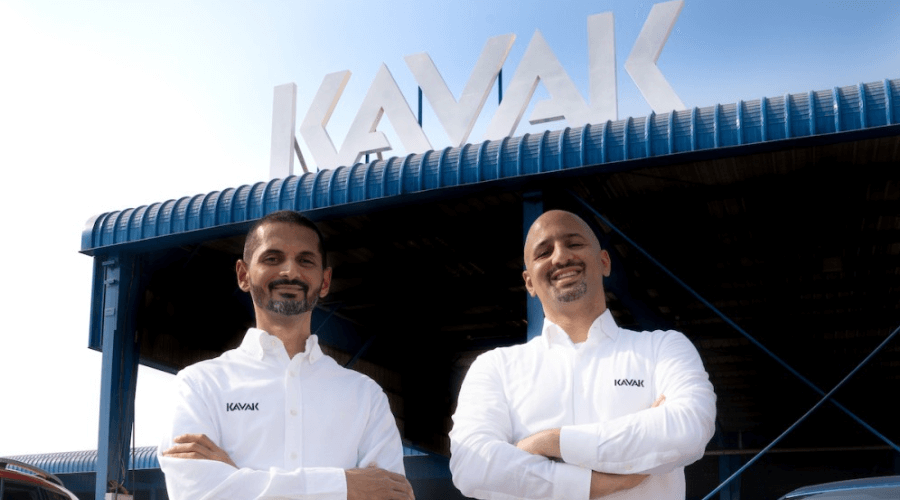How to select the right co-founder

Hassan Jaffar and Marwan Chaar are the co-founders of Carzaty, which was acquired in 2022 by Mexico’s Kavak, a used car platform last valued at $8.7 billion.
Know that the earliest, and arguably most important, decision an entrepreneur needs to make is on selecting a co-founder. Whether you need a co-founder is a complex discussion but among the reasons are:
1. the tangible value they bring to the team, such as industry knowledge, functional expertise, network, access to capital, etc.
2. the intangible value of a partner who is with you through the emotional ups and downs of the start up journey.
If you have decided that you need a co-founder, how do you know who the right person is?
In the early days of a startup, the co-founders do all sorts of work, taking on multiple roles directly before they either have the resources to hire a team, or, because the roles are mission-critical and cannot yet be delegated. Some of these tasks include setting the vision and defining a strategy; raising capital; recruiting and motivating a team; identifying product-market fit; managing external stakeholders; building a product roadmap; identifying the customer acquisition strategy and optimising costs; and, various others relevant to the specific business model and industry. You need to evaluate how to delegate these mission critical roles between the co-founders and if the co-founders’ skillset are the same, it is not a good match. In the early Carzaty days, Hassan took on the roles of strategy, tech, and finance and Marwan took on sales, marketing, and operations. Our skills were complementary and this allowed us to “divide-and-conquer” and accelerate growth.
The co-founder’s skillset can be evaluated using job interview techniques. However, you should also evaluate their personality to make sure they are complementary too. We found it very useful to use the tool Insights (another one is Meyers-Briggs) that frames the individual’s strengths in four colours of which the two most important to a founding team are Red: the stereotypical alpha executor who gets things done, and Blue: the thoughtful analyst who has the most intricate understanding of the business model. We believe that the combination of a strong Red and a strong Blue make the best founding team, but the corollary is that you should avoid a team that is dominated by either Red or Blue.
Startup journeys are highly unpredictable and emotionally stressful. Many entrepreneurs need the partnership of a co-founder during the most difficult times. How can you determine if a co-founder will be a good partner?
First, no matter how much legal protection you put in place, there will always be ways for conflict to arise with your co-founder. Some may say: find someone you can "trust", but that is the wrong approach. Trust can always be broken and is a very fragile basis to select a co-founder. Instead, you should select a co-founder based on their character, i.e. their moral and ethical beliefs.
-
Friendship on its own is an insufficient indicator of co-founders’ entrepreneurial compatibility. The co-founders should be able to have difficult conversations and communicate openly and effectively. Co-founders should also maintain a degree of professionalism and documentation as early as possible. In startups, things always go wrong and best friends can quickly get into heated arguments with emotions running high. However, a person's character and integrity are independent of your relationship with them.
Second, you need to understand the person’s motivations. Why are they joining the startup: is it for financial return, status and fame, or, the excitement and learning? The easiest co-founder to partner with is one who is financially driven as this puts a very clear metric in everyone’s mind. I would push further, and we did this with Carzaty, and ask the question: how much money is enough? Defining financial success differs between individuals and you should have a specific number that is your own definition of success, whether it's $100,000 or $100 million (read about the Carzaty exit here). Also, you should be aligned on the expectations of work-life balance. Resent can quickly arise if one founder feels like they contribute or sacrifice more than the other.


